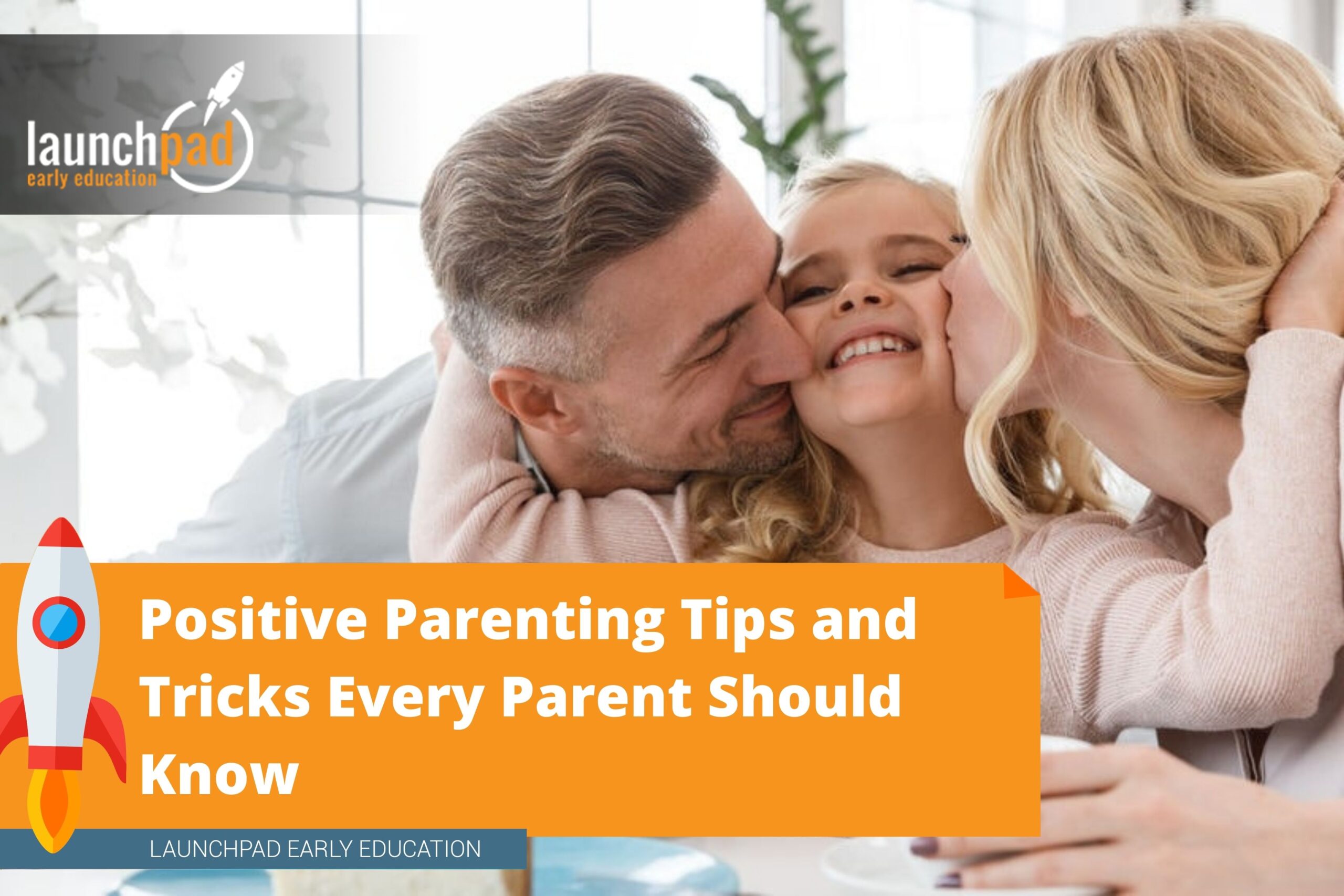Being a parent is one of the most fulfilling roles in the world and yet, it’s also one of the hardest. As parents, we strive to give our children the best possible things we can. We do our best to protect and guide them through each of their lives as we help them grow up to be responsible and successful individuals. However, parenting is not always an easy journey to navigate. There are times when our kids will display undesirable behaviors, and we don’t always know what to do or how to address them. This is where “Positive Parenting” comes into play.
But what does positive parenting mean?
Contrary to popular beliefs, positive parenting is actually about using firm parenting techniques to correct negative behaviors while instilling good ones. Positive parenting is about setting clear expectations and aims to empower children to be the kind of people we want and hope for them to become.
So how do we adopt this kind of technique? Read on for some positive parenting tips you may find useful!
Understand the reasons behind their actions
Young kids do not just misbehave for no reason. Toddlers, for instance, may be known for having tantrums and meltdowns, but they do this for a reason. Kids at this age are still learning and struggling to express themselves. They find it hard to put into words what they like and dislike.
Take the time to try and understand why your child is behaving a certain way. If he or she insists on getting something you won’t allow, it’s still important to acknowledge the feeling that comes with this disappointment..
Be kind yet firm at the same time
Being kind to your child doesn’t have to mean giving in to unrealistic or irrational demands. Positive parenting doesn’t equate to being overly “permissive”. You can let children know what they can and can not have, or what they should and should not do, without raising your voice or yelling. You can be kind and firm at the same time when enforcing discipline, and giving consequences for misbehavior.
Nurture your child with physical attention
One of the best things about children is that it doesn’t take a lot for them to feel loved. Yes, toys may make them feel extremely happy, but nothing beats receiving adequate attention from their parents. Make sure your little one constantly feels secure in your love by nurturing him or her with physical attention. Shower them with hugs and kisses every chance you get. Hold their hands when they don’t feel well. Be affectionate in any way you can.
Give yourself a “time-out” if needed
As a parent, you wear several different hats and take on various roles. It’s inevitable that you will feel exhausted from time to time, and that’s fine. However, this exhaustion can sometimes exacerbate the anger we may feel towards our child’s unruly behavior. You may not be aware of it, but there are times when your fatigue can get the better of you, which you then take out on your child. This is why taking a time-out for yourself is also crucial.
We all need a break, whether you’re a parent or not. We all need some time to clear our minds and calm our thoughts when we’re feeling less than okay. You deserve a time-out, you deserve a break too. Try to address your child’s difficult behavior in the moment if you’re highly upset. Deal with it later after you’ve had a chance to cool down and regain your composure.
Be creative with consequences
Giving children punishments as a form of consequence for their misbehavior is rarely effective. In fact, it may only make a child feel resentful, which in turn can push them towards acting more rebellious or want revenge. It may seem to stop the negative behavior for the time-being, but in the long run, this doesn’t necessarily help a child learn from his or her mistake. Negative punishment also doesn’t teach or replace the negative behavior with an appropriate one.
Instead of using a punitive response, be creative and find other forms of consequences. A time-out, for example, can be highly effective because it allows the child some space and time to cool off as he or she is removed from the environment that triggered the behavior.
Parenting challenges are no doubt frustrating, but with these positive parenting tips, you can encourage better behavior and foster a good parent-child relationship with your little one.
For more parenting tips and resources, please visit Launchpad Early Education.



All comments (1)